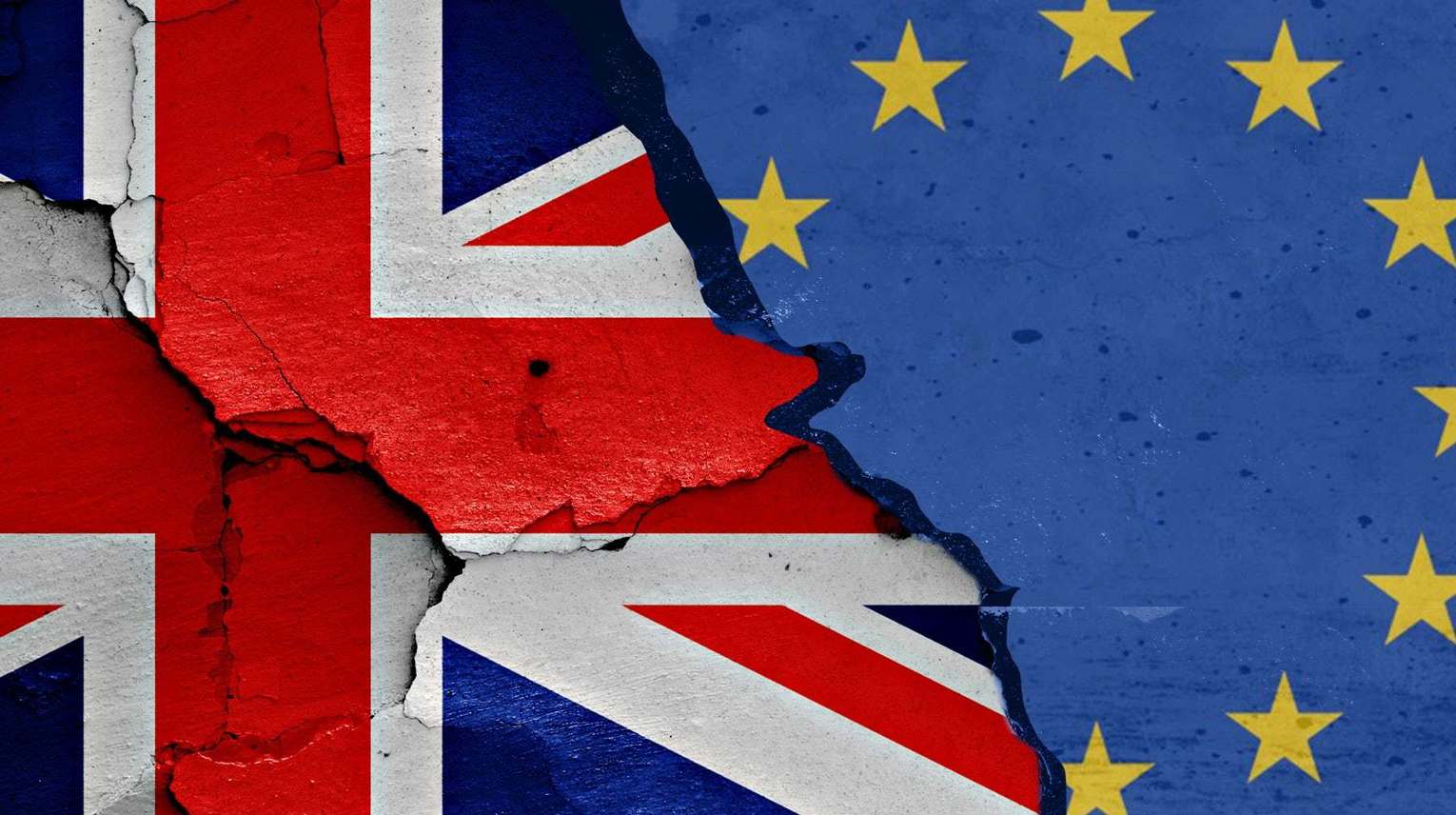Speaking to the website of the Strategic Council on Foreign Relations, Dr. Hossein Mofidi Ahmadi emphasized that a cloud of uncertainty has covered the UK and even the definitive realization of the Brexit is in a state of ambiguity. “This point becomes noteworthy because gradually, with the failure of the British Party System and the British government in reaching consensus and compromise over Brexit, holding the referendum has emerged as the main mechanism for determining the fate of Brexit and coming out of the current impasse.
He added: “There is no doubt that despite the importance of other concerns in the economic, security, political and social implications of Brexit particularly the hard Brexit, concern over the threat to British territorial integrity is at the forefront of British political elites’ concerns. One thing to underline is that the Brexit issue is inseparable from what is called the transfer of levels of powers from London to local legislatures in Northern Ireland, Scotland, and Wales.
Noting that this issue is more specific to Northern Ireland because this region in Britain has a common border with Southern Ireland and indeed with the European Union, he said: “In this context, given the EU’s red lines on opposition to creating physical borders between the two Irelands, even if Brexit if realized, North Ireland will remain inevitably part of the European trade and economic system and to some extent part of the normative system of Europe.
This will continue to prepare the ground for increasing eccentric tendencies in the region, along with strong unity seeking tendencies with Southern Ireland, the analyst said. Of course, the situation in Scotland differs from Ireland in that it does not have a common border with an EU member state and has no record of sectarian strife.
He considered the most important issue about Scotland to be Brexit’s economic outlook and added: In recent decades, the EU has provided substantial development assistance to the Scottish region: Aid that was vital to Scotland’s industries and infrastructure, especially after the catastrophic consequences of Thatcher’s privatization policies for the region.
Mofidi added: This has even led to widespread social links such as linking Scotland’s working class with the European Union. It has been suggested that Scottish nationalism is partly related to the region’s links with the European Union.
The analyst of European issues on the impact of Brexit on British power and its international status pointed out: Perhaps the most important effect of the possible breakdown of Britain on its international power and position is its perceptual and mental consequences. That is to say, the global outlook on a united, influential, and soft-powered UK that is now affected by the dynamics associated with Brexit will be seriously damaged after the disintegration of areas such as Scotland.
He added, “Of course, events such as the possible independence of Scotland and Northern Ireland from the point of view of objective economic and geopolitical implications will also severely undermine British power. For example, Scotland’s possible independence will likely bring about a sharp and rapid decline in the value of the British pound. Scotland has a very important geopolitical position, with a population of more than five million, as well as a region highly interconnected with the British political and economic structure. Scotland’s exports to the rest of the UK are close to £50bn a year.
Mofidi said that Scotland’s independence would also make the UK’s access to the North Sea oil and gas more ambiguous, adding that the North Sea oil fields are of great importance to Britain and are a constant source of employment and tax revenue and British industrial production. North Sea oil injects some 60 billion pounds of tax revenue into Britain. This will also have military consequences. As a convenient bay located in the west of Scotland and with access to the Atlantic Ocean strategic area, it has led the UK’s nuclear arsenal to be deployed in West Scotland since 1998.
He also explained some of the possible effects of Brexit on three centuries of British politics: There are several plausible scenarios regarding the influence of Brexit on British foreign policy, including from the perspective of Britain’s interactive structure with Europe. One of these scenarios is the realization of the universal United Kingdom. It means Britain with a wider global presence, but closer to America.
He continued: The second scenario is the scenario of the UK outside the EU but within Europe. That is, the UK maintaining significant levels of geopolitical, security and military ties with Europe.
Mofidi considered the third scenario the possibility of an isolated Britain, stating that in such circumstances the UK would be more involved in domestic problems and crises. The third scenario is less feasible given the considerable resources of British hard power and soft power. However, with the rise of British driving force involved in the widespread pressures of eccentric tendencies, or Britain minus Scotland or Northern Ireland – if it can still be called Britain – the third scenario seems inescapable.
Mofidi said: “In this situation, we will face not a Britain whose foreign policy seeks to increase power and influence, but with a Britain who will unwittingly look inward and become at most a middle-range power at European level.”
Characteristics and Strategic Consequences of Iran’s Historic Response to Zionist Regime
Strategic Council Online—Opinion: There are two different views about the Islamic Republic of Iran’s missile attacks against the Zionist regime. The first view is based on a superficial reading and a reductionist description that evaluates it as a low-impact and not-so-extensive operation. The second view, a realistic reading, sees Iran’s response as opening a new page of “balance of power” and “turning point” in regional equations, the effects and consequences of which will gradually emerge.










0 Comments